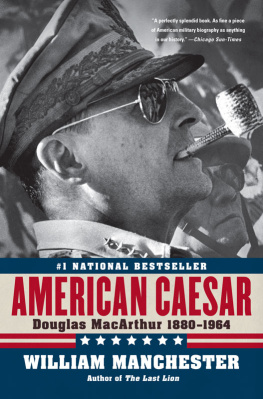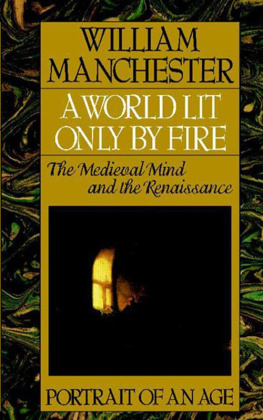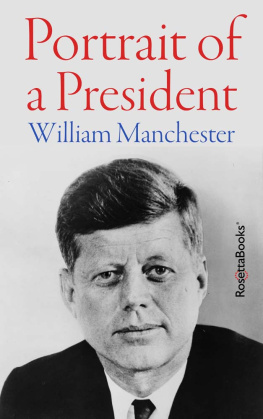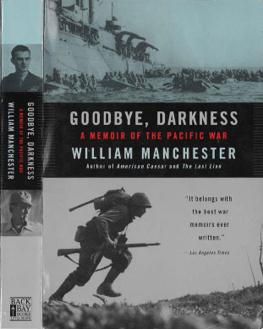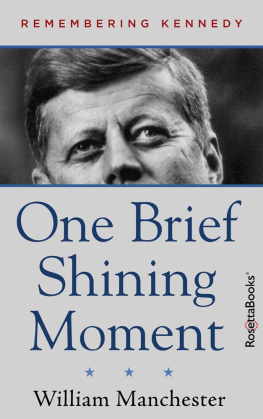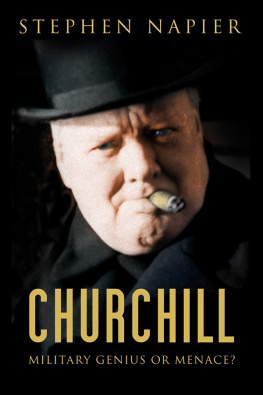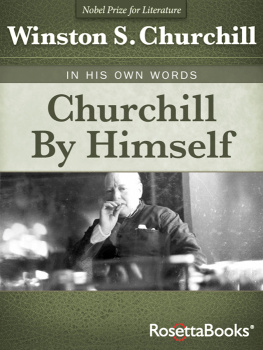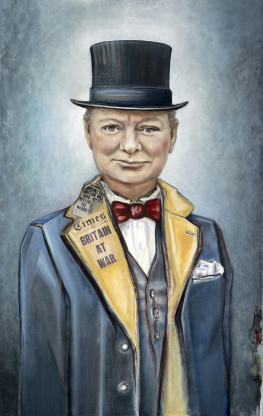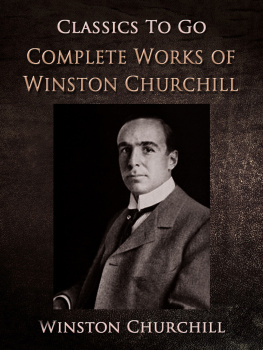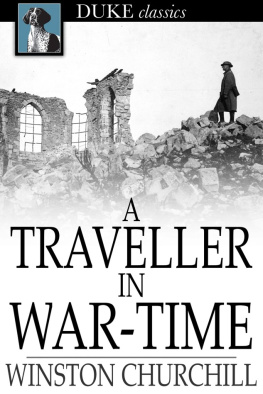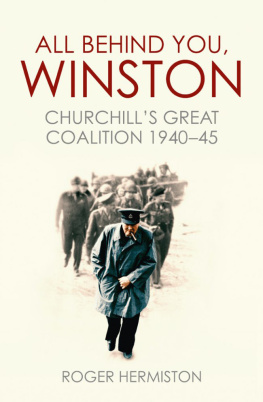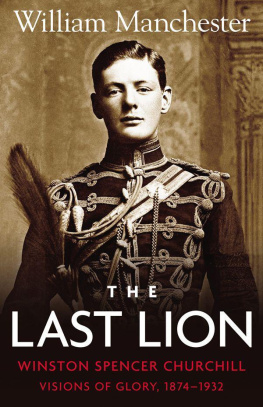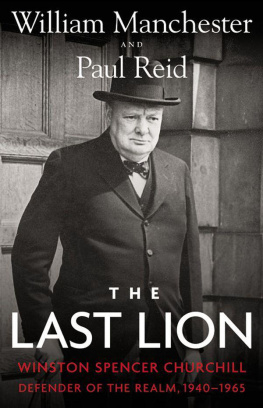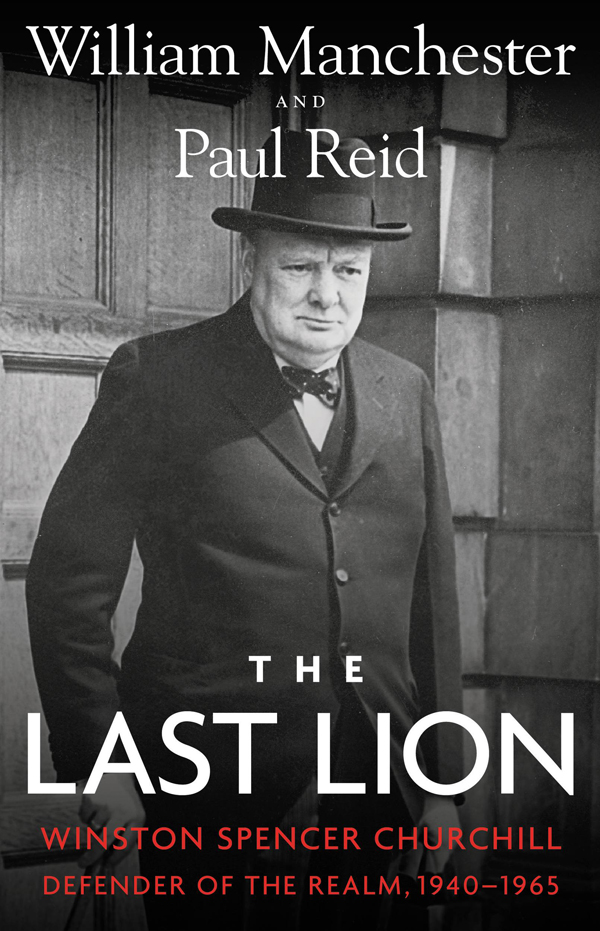
In accordance with the U.S. Copyright Act of 1976, the scanning, uploading, and electronic sharing of any part of this book without the permission of the publisher constitute unlawful piracy and theft of the authors intellectual property. If you would like to use material from the book (other than for review purposes), prior written permission must be obtained by contacting the publisher at permissions@hbgusa.com. Thank you for your support of the authors rights.
Thank you for buying this e-book, published by Hachette Digital.
To receive special offers, bonus content, and news about our latest e-books and apps, sign up for our newsletter.
Sign Up
Or visit us at hachettebookgroup.com/newsletters
Copyright 2012 by John Manchester, Julie Manchester, Laurie Manchester, and Paul Reid
All rights reserved. In accordance with the U.S. Copyright Act of 1976, the scanning, uploading, and electronic sharing of any part of this book without the permission of the publisher constitute unlawful piracy and theft of the authors intellectual property. If you would like to use material from the book (other than for review purposes), prior written permission must be obtained by contacting the publisher at permissions@hbgusa.com. Thank you for your support of the authors rights.
Little, Brown and Company
Hachette Book Group
237 Park Avenue, New York, NY 10017
www.hachettebookgroup.com
www.twitter.com/littlebrown
First e-book edition: November 2012
Little, Brown and Company is a division of Hachette Book Group, Inc., and is celebrating its 175th anniversary in 2012. The Little, Brown name and logo are trademarks of Hachette Book Group, Inc.
The publisher is not responsible for websites (or their content) that are not owned by the publisher.
The Hachette Speakers Bureau provides a wide range of authors for speaking events. To find out more, go to hachettespeakersbureau.com or call (866) 376-6591.
ISBN 978-0-316-22214-3
Disturber of the Peace (1951)
The City of Anger (1953)
Shadow of the Monsoon (1956)
Beard the Lion (1958)
A Rockefeller Family Portrait (1959)
The Long Gainer (1961)
Portrait of a President (1962)
The Death of a President (1967)
The Arms of Krupp (1968)
The Glory and the Dream (1974)
Controversy (1976)
American Caesar (1978)
Goodbye, Darkness (1980)
The Last Lion: Visions of Glory (1983)
One Brief Shining Moment (1983)
In Our Time (1985)
The Last Lion: Alone (1988)
A World Lit Only by Fire (1992)
The Last Lion: Defender of the Realm (co-author Paul Reid) (2012)
To the memory of
JOHN COLVILLE, C.B., C.V.O.
19151987
Harrovian, Civil Servant, Fighter, Pilot, Scholar
(William Manchester, August 1994)
FOR BARBARA
(Paul Reid, August 2012)
In freta dum fluvii current, dum montibus umbrae
Lustrabunt convexa, polus dum sidera pascet;
semper honos nomenque tuum laudesque manebunt.
As long as rivers shall run down to the sea,
or shadows touch the mountain slopes,
or stars graze in the vault of heaven,
so long shall your honor, your name,
your praises, endure.
V IRGIL , A ENEID, 1:6079
In 1988, William Manchester began writing The Last Lion: Defender of the Realm, the third and final volume of his biography of Winston Churchill. Bills research was complete. He had assembled his notes in fifty-page bound 8 21-inch paper tablets, which he called his long notes, or clumps. More than forty such tablets were dedicated to the war years 19401945, and a few addressed the postwar years 19461965.
His notes consisted of photocopied extracts from myriad sources, including Churchills speeches, wartime memoirs, letters and telegrams Churchill sent and received, diary entries of contemporaries, official documents, newspaper clippings, and numerous secondary sources. They also included excerpts from transcripts of more than fifty interviews Bill conducted in the early 1980s with Churchills friends, family, and colleagues.
Between 1988 and 1998, Bill, in increasingly poor health, wrote about one hundred pages of Defender of the Realm, a first draft covering the German invasion of France and the Low Countries in May 1940, and the beginning of the Battle of Britain in July 1940. Then, in 1998, he suffered two strokes that left his speech slightly slurred and his left leg partially paralyzed. Although the strokes did not steal his memory or his ability to formulate complex thoughts, Bill could no longer connect those thoughts on paper. He could no longer write.
My first encounter with Bill was on the page, when I read his account of the assassination of President Kennedy, The Death of a President. By the time I met Bill in person, I had read all of his nonfiction works. Like so many readers, I thought the first two books of The Last Lion were magnificent, and like so many, I eagerly awaited the final volume.
In 1996, I covered a reunion in West Palm Beach of Bills World War Two Marine buddies for the Palm Beach Post, where I worked as a reporter. Bill, ill with pneumonia, could not attend. Two years later, in 1998, I accompanied five of those old Marines to Bills home in Middletown, Connecticut, for a reunion designed to raise his spirits after his strokes and the death earlier in the year of his wife of fifty years, Judy. The Marines had all achieved success in lifean industrialist, a petroleum engineer, an oceanographer and Magellan biographer, and a Baptist minister with a doctorate in divinityand they were proud of their service as enlisted men. By the end of the weekend, I felt as if all these Marines were my good friends, including Bill.
Our friendship deepened in the years that followed. I visited Bill often, sometimes in the company of the old Marines, who gathered at Bills house once a year. Bill and I chatted by phone regularly. We talked history, politics, and, always, baseball, specifically the annual autumn demise of our Boston Red Sox. He asked for, and I sent him, copies of my stories. I felt certain that he would never finish Defender of the Realm, but when I suggested that he find someone to complete the book, he would shake his head no. He and his publisher, Little, Brown, regularly received calls and letterseven surprise office visitsfrom fans around the world asking when the book would be finished. In 2001 Bill told the New York Times that he could no longer put words to paper. Eventually, he agreed to consider a collaborator, but none proposed worked out. My surprise, therefore, was total when, late one evening in early October 2003, during one of my visits to Middletown, Bill asked me to finish Defender of the Realm. You write, he said, Ill edit. My red pencils are sharpened and ready.
He sent me home that weekend with about a dozen of his clumps and several books having to do with the Battle of Britain. My mission was to write sixty pages on the Blitz. Based on their impressions of my sample chapter, Bill, Don Congdon, Bills agent of fifty years, and Little, Brown decided I should proceed. Our collaboration began.
But it would not last long. By early 2004 Bill was very ill. He died on June 1. By then I had realized that his clumps were not intended for literal transcription, but had served Bill as a narrative catalyst. The notes were arranged neither strictly chronologically nor by topic or character. Bill had inked into the margins numerous shorthand reminders and color-coded references to topics and sources only he could decipher. Some he had explained to me, others he had not. The notes had helped guide Bill toward a forma portrait of Churchillthat he had already envisioned, much as an architects rough line drawings can conjure in his mind an image of his finished building. The notes contained enormous amounts of information, but they had no outline and no sense of narrative structure. Bills notes spoke to him in ways they could not speak to me.
Next page

